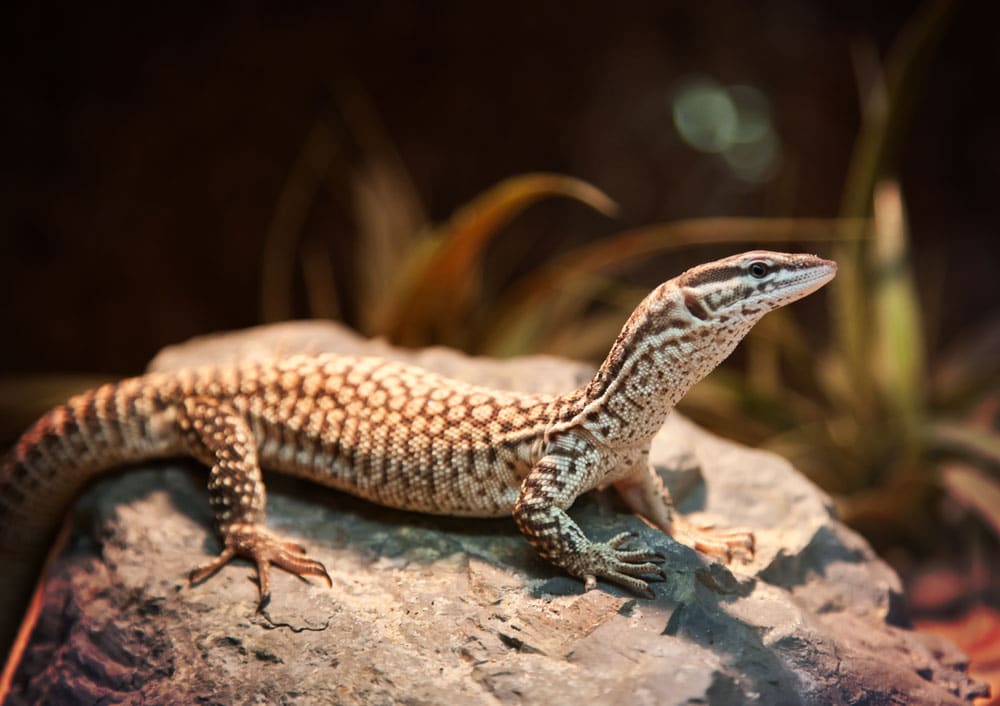The Pet Animal Care and Facilities Act (PACFA) Program under the Colorado Department of Agriculture has drafted new regulations and amendments. Changes apply to herp, bird, fish, and mammal regulations.
|
San Luis Obispo Reptile Expo
The SLO show is this weekend! This expo in California’s Central Coast keeps growing and getting better. The show features a vivarium-building workshop, educational booths, and much more. Of course, there are loads of reptiles and supplies from great vendors. Stop by the USARK booth and say hi to Vanessa and Gary!
Get all show details at https://www.sloreptileexpo.
HUGE SHIRT SALE!
We need to make room for our incoming boa shirts. Grab these deals while supplies last. These shirts are incredibly soft and wrinkle-resistant. There are four styles with limited sizes on some. Priced at $10-$17!!! FREE SHIPPING!
Get these deals at https://usark.org/shop/ or click the shirt image below.
USARK featured in USA Today article!
snippet: “Bearded dragons have grown in popularity and are great options for people with limited space, or those who suffer from allergies that are aggravated by dogs and cats, according to the U.S. Association of Reptile Keepers.”
Read more of “Meet the ‘golden retriever’ of pet reptiles, the bearded dragon” at https://www.usatoday.com/
CONFERENCES
Turtle and Tortoise Preservation Group (TTPG)
November 20-22 in Mesa, AZ.
The TTPG Conference’s amazing lineup of speakers includes turtle and tortoise experts from around the world. The conference attracts attendees from all over the United States, Europe, Asia, Canada, and South America. Topics include captive care, nutrition, medical care, captive breeding, incubation tips, raising healthy offspring, enclosure design, and much more. Field trips include visits to private breeding facilities, local zoological institutions, and other interesting experiences, and of course, lots of fun social time is enjoyed by attendees.
Get all details at https://www.ttpg.org/
National Animal Interest Alliance (NAIA)
October 19-20 in the Dallas area (Plano/Frisco).
Get all details at https://give.naiaonline.
ALERTS
ALERT: Diamondback Terrapin ESA Listing
Snippet: On September 19, 2024, the Center for Biological Diversity (CBD) petitioned the National Marine Fisheries Service (informally known as NOAA Fisheries and an agency within the National Oceanic and Atmospheric Administration, or NOAA) to list the Diamondback terrapin (Malaclemys terrapin) as endangered under the federal Endangered Species Act (ESA)…
Like many aspects of our world today, ESA must update and evolve. Enacted in 1973, ESA is now outdated and flawed. While well-intended in 1973, and vital for protecting U.S. native species when warranted, the efforts made to protect our endangered species create regulations lacking nuance, which can be harmful to saving species. ESA listings that rely only upon traditional conservation approaches, such as the methodology in this petition, and do not consider our modern world are an illogical dead-end for endangered species.
Read the full alert at https://usark.org/24esa3/.
ALERT: Bill to Add Herps and Fish to the Animal Welfare Act
On September 12, Representative Betty McCollum introduced HR9571, which will “amend the Animal Welfare Act to include cold-blooded species as animals, and for other purposes.” This will add reptiles, amphibians, fish, and cephalopods “as animals” under the Animal Welfare Act (AWA), meaning the U.S. Department of Agriculture (USDA) must develop new regulations. Basically, the USDA would now be required to license and inspect facilities and breeders with these animals. Businesses would need to comply with new USDA regulations or lose their licenses. The USDA recently began inspecting and licensing aviculturists (bird breeders). The bill has been assigned to the House Agriculture Committee. We will post more information when available. Read the bill text at https://usark.org/24us1/.
Snippet: The term ‘animal’ means any live or dead warm-blooded animal (including a dog, cat, monkey (nonhuman primate mammal), guinea pig, hamster, rabbit, or bird), cold-blooded animal (including a reptile, amphibian, cephalopod, or fish)…
Comments must be submitted before October 22!
Update from September 5, 2024: The amendments (changes from the previous version) were presented at today’s Commission Meeting. Only two herpetoculturists spoke regarding the rules: a Louisiana turtle breeder and Phil Goss of USARK. The Commissioners accepted the amendments. This opens a new public comment period until October 22. The Commissioners will receive the public comments at a future meeting. LDWF will hold a meeting/workshop to discuss the changes on the date and location below.
Tuesday, October 22, 2024 @ 10:00 AM
LDWF Headquarters
2000 Quail Drive
Baton Rouge, LA 70808
All information is posted at https://usark.org/24_la/.
Light Bulb Ban
Read more information with contact details at https://usark.org/
In 2022, the Department of Energy (“Department”) passed a regulation that banned certain incandescent light bulbs. Basically, light bulbs are deemed inefficient if they do not emit a certain amount of lumens per watt. This was meant to transition from less efficient bulbs to more efficient lighting, like LED bulbs.
Reptile lighting is a specialty item and is not used for general-purpose lighting in homes and businesses. However, certain bulbs were reviewed solely on how many lumens they produced per watt. Herp keepers know that halogen and basking bulbs are not used in household lamps for general lighting.
Read the rest at https://usark.org/24doe/.
ARTICLE: “Light bulb ban threatens reptile, amphibian welfare” by the Veterinary Infomation Network
snippet: “The ban should be a concern of animal caretakers for many species,” said Latney, a senior veterinarian at the Schwarzman Animal Medical Center who also is chair of the Association for Reptile and Amphibian Veterinarians (ARAV). “This is particularly true for captive reptiles, amphibians, birds and mammal species that have limited exposure to natural, unfiltered sunlight.”
Read the full article at https://news.vin.com/
Find A Vet
Need a good herp veterinarian? The Association of Reptilian and Amphibian Veterinarians (ARAV) can help. ARAV provides a free Find-A-Vet service at http://arav.site-ym.com/



